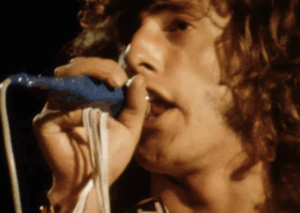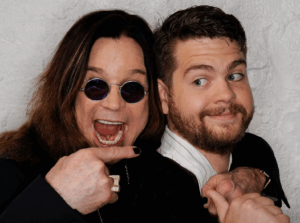Why Paul McCartney Sued The Beatles In 1970

via @old_juice_ / Instagram
On December 31, 1970, Paul McCartney made the painful decision to sue his fellow Beatles—John Lennon, George Harrison, and Ringo Starr—in the High Court of Justice in London. The goal? To legally dissolve the band’s partnership. It was seen by many as the final blow to The Beatles, but McCartney had a different perspective.
McCartney said in 2020:
“I was thought to be the guy who broke The Beatles up and the bastard who sued his mates.
“And, believe me, I bought into that. It was so prevalent that for years I almost blamed myself.”
In reality, the lawsuit ensured that the band kept control of their music, Apple Corps Limited, and much more.
The Allen Klein Problem
The trouble started in 1968 when The Beatles formed Apple Corps. Lennon, Harrison, and Starr wanted Allen Klein—a New York City accountant who had managed Sam Cooke and worked with Herman’s Hermits and Donovan—to manage the band.
McCartney, however, wasn’t convinced. He was aware of Klein’s troubled history with The Rolling Stones. “Don’t go near him,” Mick Jagger warned McCartney in a note. McCartney pushed for his father-in-law, Lee Eastman, to represent them instead.
Things worsened when producer Phil Spector, hired by Klein, reworked McCartney’s ballad “The Long and Winding Road” for the Let It Be album. McCartney was furious.
In April 1970, after being blocked from releasing his solo debut ahead of Let It Be, McCartney made it clear he was done. He explained:
“There was no way I was going to save it for me because there was no way I was going to work that hard for all my life and see it all vanish in a puff of smoke.
“They loved this guy Klein. And I was saying, ‘He’s a fucking idiot.’”
The Lawsuits That Followed
McCartney won the legal battle in 1971, formally ending The Beatles. However, their finances stayed in receivership until all four agreed on terms.
Lennon, Harrison, and Starr continued with Klein until his contract expired in March 1973. Klein later sued them and Apple Corps for $19 million. Lennon reflected years later:
“Let’s say possibly Paul’s suspicions were right, and the timing was right.”
Lennon even wrote “Steel and Glass” in 1974, widely believed to be about Klein: “Well, your mouthpiece squawks as he spreads your lies / But you can’t pull strings if your hands are tied.”
McCartney’s Bold Move Pays Off
McCartney explained the bigger picture:
“The only way for me to save The Beatles and Apple—and to release ‘Get Back’ by [director] Peter Jackson, which allowed us to release ‘Anthology’ and all these great remasters of all the great Beatles records—was to sue the band. If I hadn’t done that, it would have all belonged to Allen Klein.”
The Beatles officially dissolved on December 29, 1974.
A Legacy That Stood the Test of Time
Today, McCartney and Starr, along with the Lennon and Harrison estates, still control Apple Corps. The company was behind The Beatles: Rock Band video game, the remastered catalog, and Peter Jackson’s The Beatles: Get Back documentary in 2021.
McCartney’s difficult choice ultimately protected the band’s legacy for generations of fans.













